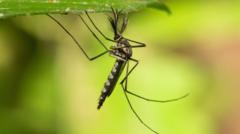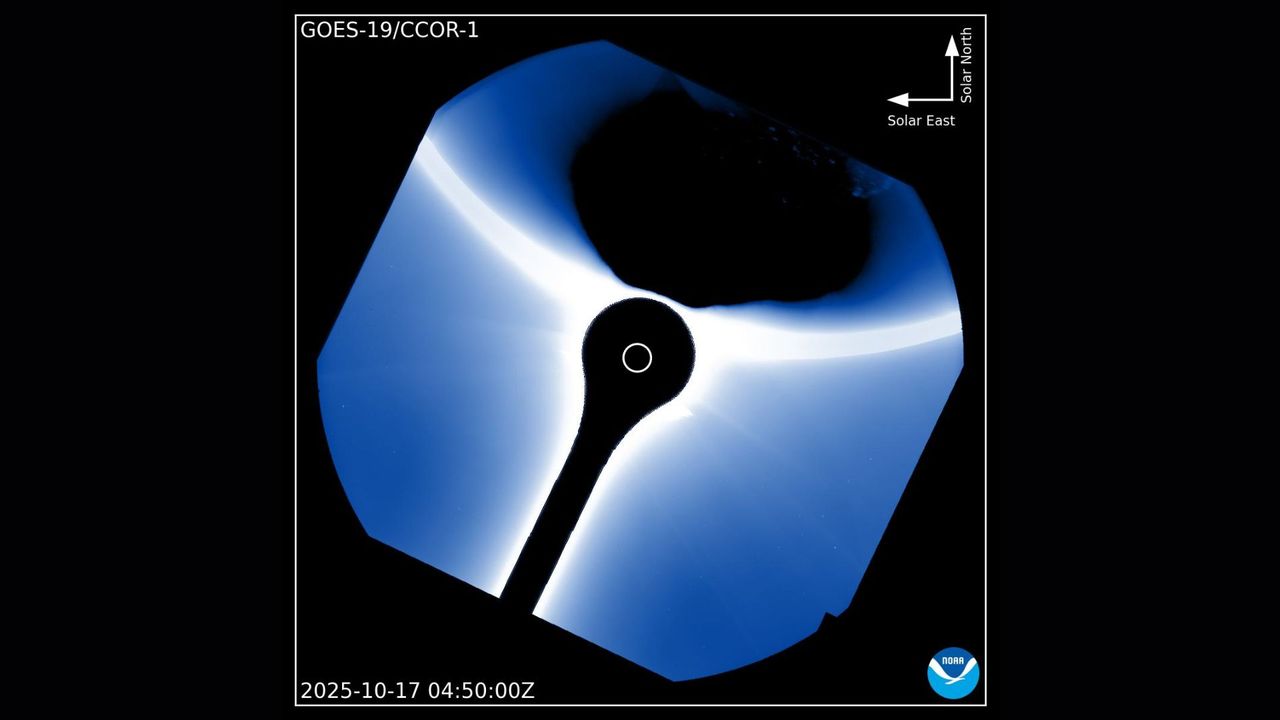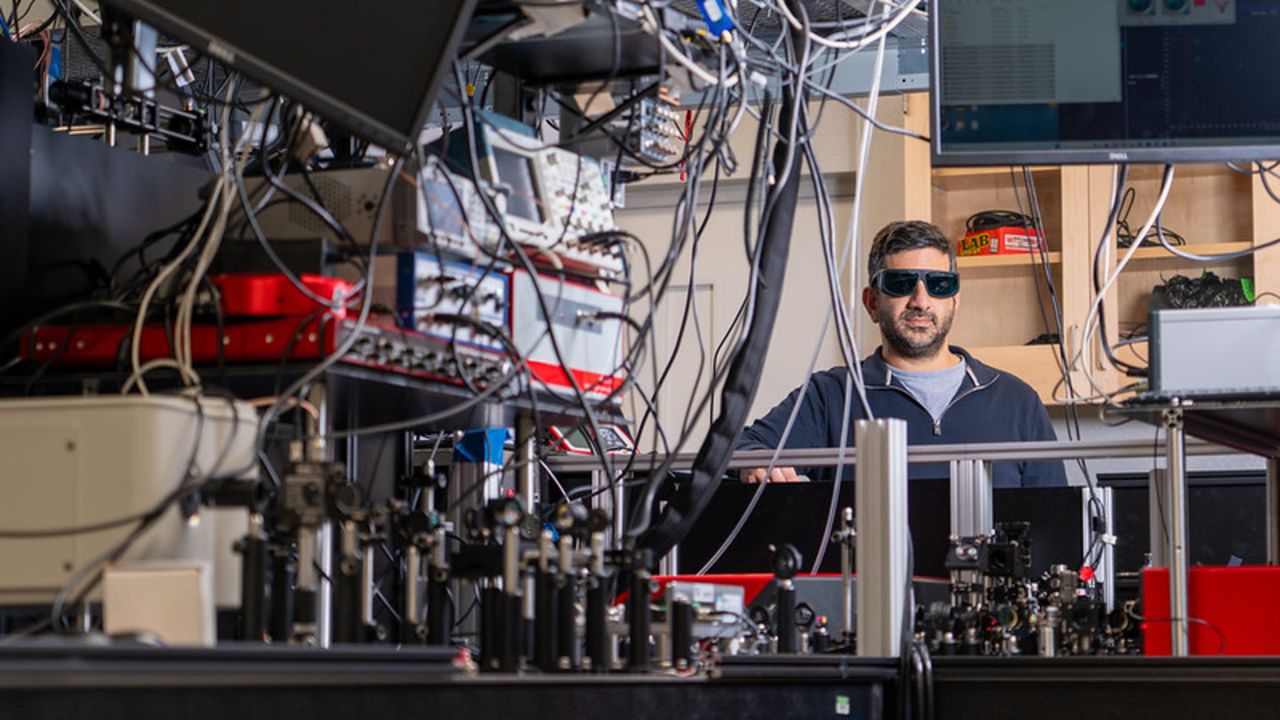Iceland Says It Is No Longer Mosquito-Free
NeutralScience

Iceland, once celebrated as one of the few mosquito-free places on Earth, has reported the presence of a common house mosquito, culex pipiens. This change is significant as it alters the unique ecological status of the island, which has long been a refuge from these pests. The arrival of mosquitoes could have implications for local wildlife and public health, making it a noteworthy development for both residents and visitors.
— Curated by the World Pulse Now AI Editorial System



/https://tf-cmsv2-smithsonianmag-media.s3.amazonaws.com/filer_public/2b/13/2b132c3e-2d0a-47b4-8c6b-62b954d9a9af/smithmag-podcast-s04-ep15-aeroecology-article.jpg)
/https://tf-cmsv2-smithsonianmag-media.s3.amazonaws.com/filer_public/c4/6e/c46e33ea-a5b4-43ed-bf42-557bf97b1427/nov2025_h13_tristiangooley.jpg)

